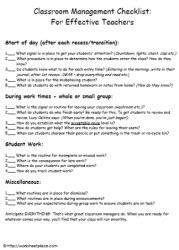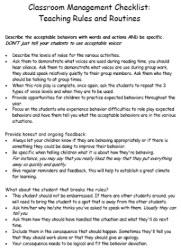CRAFTS - TEMPLATES - PRINTABLES FOR KIDS.
BUNCH OF FLOWERS 1: https://vk.com/doc14715251_460438616
PAPER GHOSTS: https://vk.com/doc2647462_451724842
BUNCH OF FLOWERS 2: https://vk.com/doc14715251_460438452
POSTCARD: https://vk.com/doc264593794_459927507
WINTER HOUSE: https://vk.com/doc367893417_458260156
PAPER APPLES: https://vk.com/doc264593794_452822540
SWALLOW 2: https://vk.com/doc2647462_452526988
PAPER BATS: https://vk.com/doc2647462_452092950
HEDGEHOG: https://vk.com/doc210285008_450132723



















